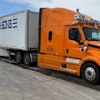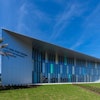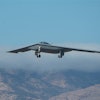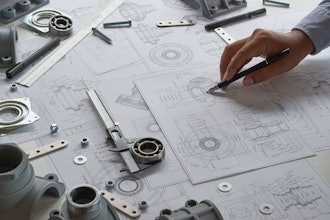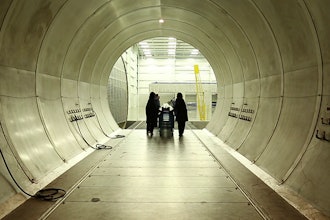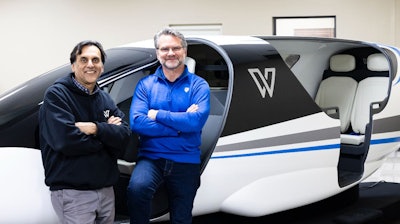
A team of engineers at Whisper Aero is planning a revolution in aviation technology. The start-up’s propulsion innovation is an advanced electric ducted fan, or EDF, intended to replace the traditional fossil-fuel-burning engines used on most aircraft. Compared to the most efficient jet engines available today, current EDFs can offer at least a 5 to 10% improvement in propulsive efficiency at speeds of 200 to 400 knots.
According to the company’s tests, its EDFs are at least 100 times quieter and 20% more efficient overall than those of its competitors. Additionally, its engineers say the novel features of their EDFs allow them to achieve 92% aerodynamic efficiency, independent of size.
The company is refining its own vision for a nine-passenger electric airplane called the Whisper Jet. Simulations performed on the Summit supercomputer at Department of Energy's Oak Ridge National Laboratory are enabling the firm to dramatically accelerate the design of a novel, integrated system of its unique EDFs for the Whisper Jet that is substantially quieter and cleaner than traditional airplane engines.
New airplane prototypes with revolutionary electric propulsors are not the only product concepts that have leveraged Whisper Aero’s CFD simulations on Summit. The Whisper Aero-designed leaf blower is indeed coming, and it promises to be the quietest leaf blower on the planet. The company says it will be 20 decibels quieter and 40% more efficient while blowing 40% more air than existing leaf blowers.

